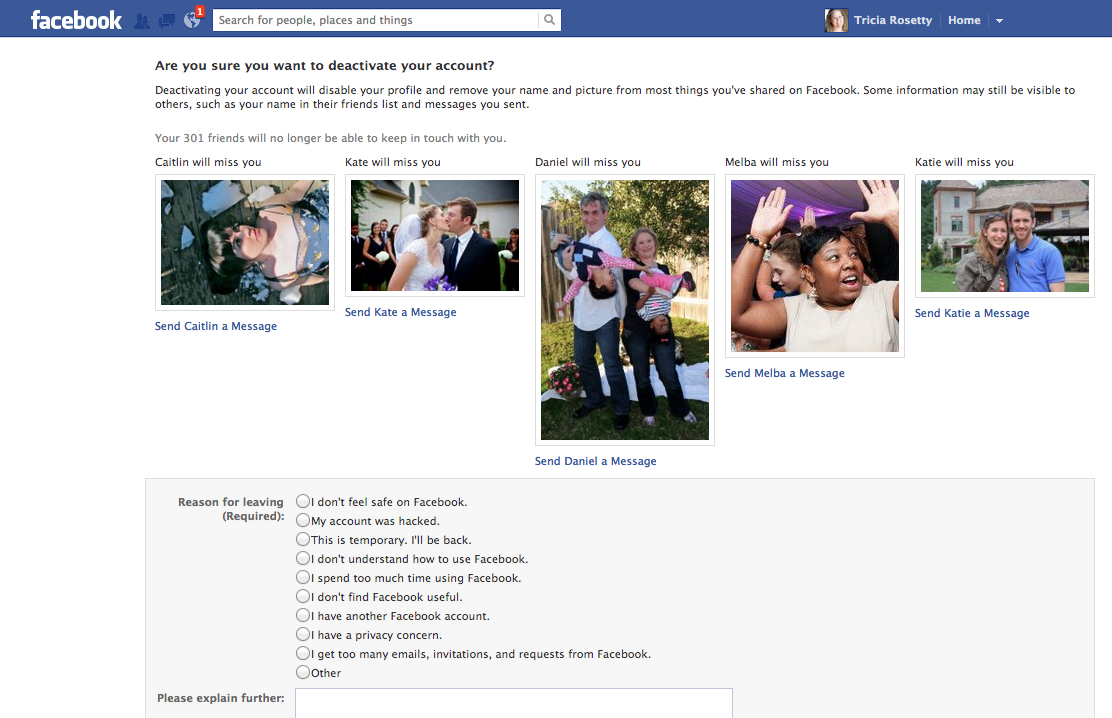Why I Left Journalism and Never Looked Back (Mostly)
A few weeks ago, a friend of mine asked me about my transition from journalism to copywriting and content strategy, and whether she should consider a similar move. At the time, I simply told her to go for it, but such a significant shift probably warrants a bit more explanation.
I graduated with, among other things, a B.A. in English—something no one thought to tell me typically leads to either graduate school or teaching, neither of which I felt strongly about (both of which I considered). Fortunately, I'd worked for the university newspaper since arriving on campus and my experience in that tiny newsroom gave me sufficient résumé fodder to get paid slightly more in a slightly larger newsroom in almost-middle-of-nowhere Texas.
I lasted longer than most—about a year and a half—before I realized I needed a change. Here's why the transition made sense for me:
- I realized I hated forcing people to talk to me (and then questioning whether to trust their word). I worked the hard news beat, often covering crime and politics, and that meant people didn't always want to talk to me. On more than one occasion, people charged with crimes came into the office looking for me, and only now are the mugshots not the first image to come up when you Google image search my name.
Moving into copywriting and content strategy for a digital agency meant working with people who were actually paying to talk to me and were passionate and excited about what we could create together. I was able to keep my reporter's curiosity in getting to know their business while helping them translate that into the most authentic voice for their online presence - I decided I wanted to focus on quality more than quantity. When you work in a small newsroom, you eventually wear every hat: on-scene reporting, writing, copyediting, proofing, photography, layout. And while that does keep things interesting, it didn't take long for me to feel like there was more focus on getting a paper out every day on as few resources as possible as opposed to taking the time to create really quality work less often (the result of a die-hard daily).
Copywriting appealed to me because it gave me the chance to think about a single headline for a few days or explore the proper tone for a site over a week or two. I wanted depth in my craft, and I still got the breadth I loved by working with clients in many different industries. - I fell in love with architecting information online.It started with hyperlinking to previously written stories when I posted the oft-maligned web edition of our paper (the stories I could tell you about our commenters...). When I realized the potential for connecting just the right information at the just right moment, I recognized the power of digital content.
I adore the printed word and I'll be the first to defend journalism as an important craft in today's world regardless of medium, but I wanted to dig deeper into how people experience stories and information they're interested in online, and content strategy lets me do that every day.
I'm privileged to love the work I do and to feel really at home with my chosen career. While it's not right for everyone, it's absolutely where I want to be. It's a relatively young field (let's just say this job didn't exist in any recognizable format when I was doing career research back in middle school), and it's still defining itself.
But that's just one more thing I love—there's a chance to do something really special in a field so new. I hope more smart, capable, information-loving people join us, and I know journalism is one of the places we'll find those next content strategists.
